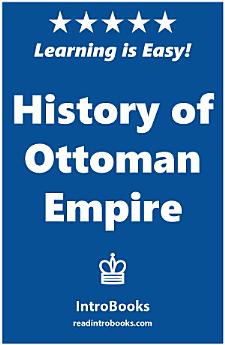History of the Ottoman Empire
এই ইবুকখনৰ বিষয়ে
The Ottoman Empire witnessed several moments of historical importance. It experienced both the rise as well as the fall of the same as the centuries passed by. The World War II had represented quite a unique and exceptional event during which the experience of suffering in the war had become quite common. The entire devastation of the cities along with the slaughtering of the civilians had simply abolished the distinction between the rear as well as the front line. The World War became more familiar and was accepted as the natural part of the social as well as that of the political life. The history of the Ottoman Empire demonstrates the common experiences of the Central, Western as well as the Southeast Europe and puts them in perspective of the brutality shown by the Balkans.








